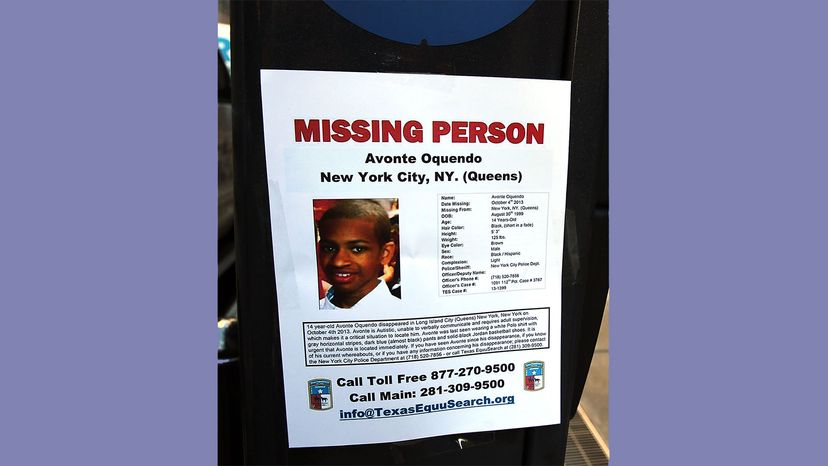
Most parents wouldn't hesitate a second to call the police if a small child goes missing, but what's the protocol for older teenagers and adults? Aren't you supposed to wait 24 hours before reporting a friend or loved one as missing? And how much are the police able to do if an adult disappears without any evidence of foul play?
The good news is that most missing person's cases are quickly canceled or resolved. In 2017, 651,226 children and adults were reported missing to the U.S. National Crime Information Center, and all but 11 of those cases were solved, some in just hours. (In 2016, the unsolved cases numbered about 3,000). But if you ever find yourself in the terrifying position of losing track of a loved one, would you know what to do?
Advertisement


